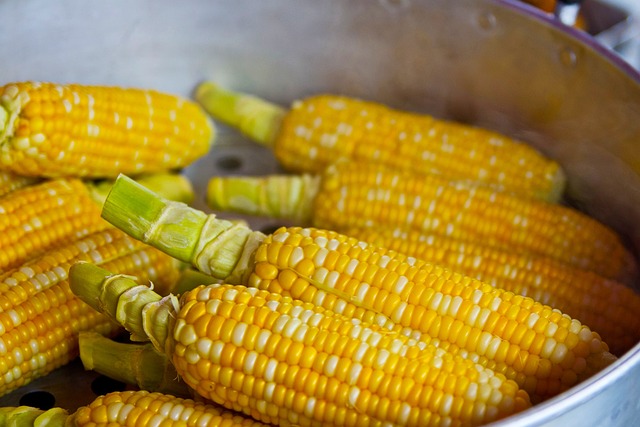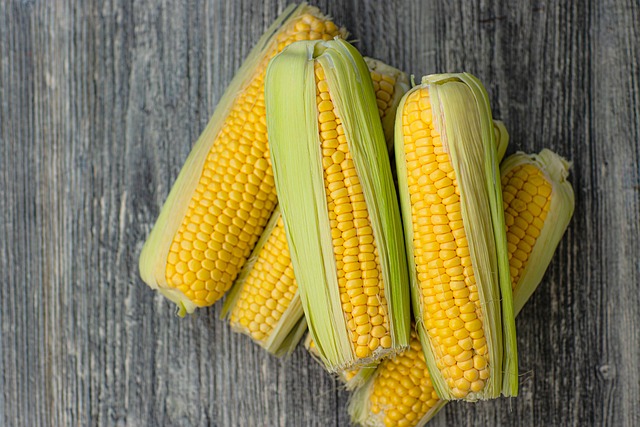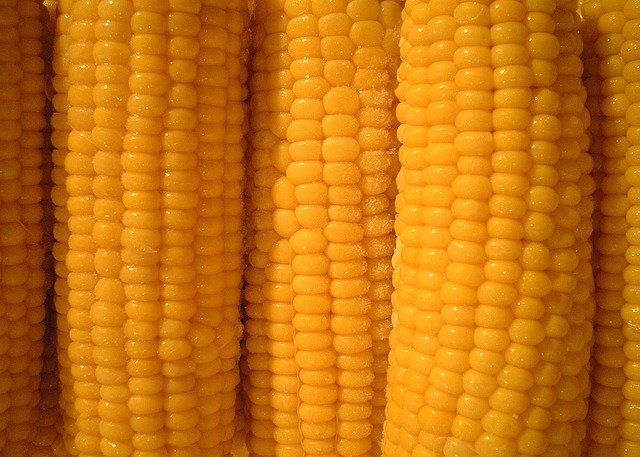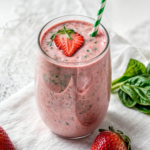When it comes to popular foods, corn ranks high. From sweet corn on the cob to popcorn at the movies, it’s a staple in many diets. But have you ever wondered why can’t we digest corn? You’re not alone! If you’ve noticed whole kernels appearing in your stool, you’re probably curious about what’s going on. Let’s break down why our bodies struggle to fully digest corn and what happens to it as it passes through your digestive system.

Why Can’t We Digest Corn?
Why can’t we digest corn? The answer lies in the structure of the corn kernel itself. Corn contains a compound called cellulose, which forms the outer shell of each kernel. Human digestive enzymes, while powerful, cannot break down cellulose. This means that the outer layer of the corn kernel can pass through your digestive system relatively intact, which explains why you might see corn in your stool.
What Exactly Is Cellulose?
To fully understand why can’t we digest corn, let’s take a closer look at cellulose. This fibrous substance is a type of carbohydrate that plants use to build their cell walls. While it’s essential for plants, it’s indigestible for humans. Our digestive enzymes can break down starches, sugars, and proteins—but cellulose remains a challenge. Other plant-eating animals, such as cows or termites, have specialized enzymes or bacteria in their systems to break down cellulose, but humans don’t.
That’s the simple answer to why can’t we digest corn: our bodies lack the necessary tools to break down its outer shell.

Does That Mean Corn is Bad for Us?
Just because we can’t digest corn fully doesn’t mean it’s bad for you. In fact, the indigestible part of corn can actually benefit your health. The cellulose in corn acts as fiber, which helps to regulate your digestive system, keep things moving, and maintain a healthy gut. While your body can’t absorb the cellulose, the inner part of the kernel—rich in nutrients like starch, vitamins, and minerals—can still be broken down and absorbed by your body.
What Happens to Corn in the Digestive System?
Now that we’ve covered why can’t we digest corn, let’s talk about what happens when we eat it. Here’s a simplified look at the journey corn takes through your digestive system:
- Chewing: It all starts when you chew the corn. You may break open the outer shell of some kernels, allowing your digestive enzymes to access the nutrients inside.
- Stomach and Small Intestine: Once the corn reaches your stomach and small intestine, digestive enzymes go to work breaking down the starches and absorbing nutrients from the inner part of the kernel. However, the cellulose outer layer remains intact.
- Large Intestine and Colon: By the time corn reaches your large intestine, the undigested cellulose passes through mostly unchanged. This is why you’ll sometimes notice whole corn kernels in your stool. Your body absorbs the useful parts, and the rest is excreted.
This process illustrates why can’t we digest corn completely—it’s all about that stubborn cellulose!
How to Make Corn Easier to Digest
While we’ve established why can’t we digest corn, there are ways to make it easier for your body to break down the nutrients inside. Here are a few tips:
- Chew Thoroughly: Breaking the outer shell of corn with thorough chewing can help your digestive system access the starches and nutrients within the kernel.
- Cook It Well: Cooking corn can help soften the outer shell, making it easier for your digestive system to handle.
- Blend or Puree: If you really want to break down the cellulose, try blending corn into soups, stews, or sauces. This can help break open the outer layer and make the inner nutrients more accessible.
Understanding why can’t we digest corn doesn’t mean we should avoid it. With a few simple tricks, you can still enjoy all the benefits of corn while easing the digestive process.

Corn and Nutritional Value
Even though we can’t digest corn fully, it’s still a nutritious food packed with benefits. Corn contains fiber, which helps keep your digestive system regular, and it’s a good source of vitamins and minerals like vitamin C, B vitamins, and magnesium. Plus, it provides healthy carbohydrates that can give you energy throughout the day.
Incorporating corn into a balanced diet can support your overall health, and now that you know why can’t we digest corn, you can enjoy it even more.
Conclusion: Why Can’t We Digest Corn?
So, why can’t we digest corn? It all comes down to the cellulose in its outer shell, which human digestive systems aren’t equipped to break down. But even though we can’t digest the whole kernel, corn remains a healthy, fiber-rich food that offers plenty of nutritional benefits. By chewing thoroughly and cooking it well, you can enjoy corn while making the most of its nutrients.
Now that you know why can’t we digest corn, you can embrace it as a valuable part of your diet—indigestible parts and all!






